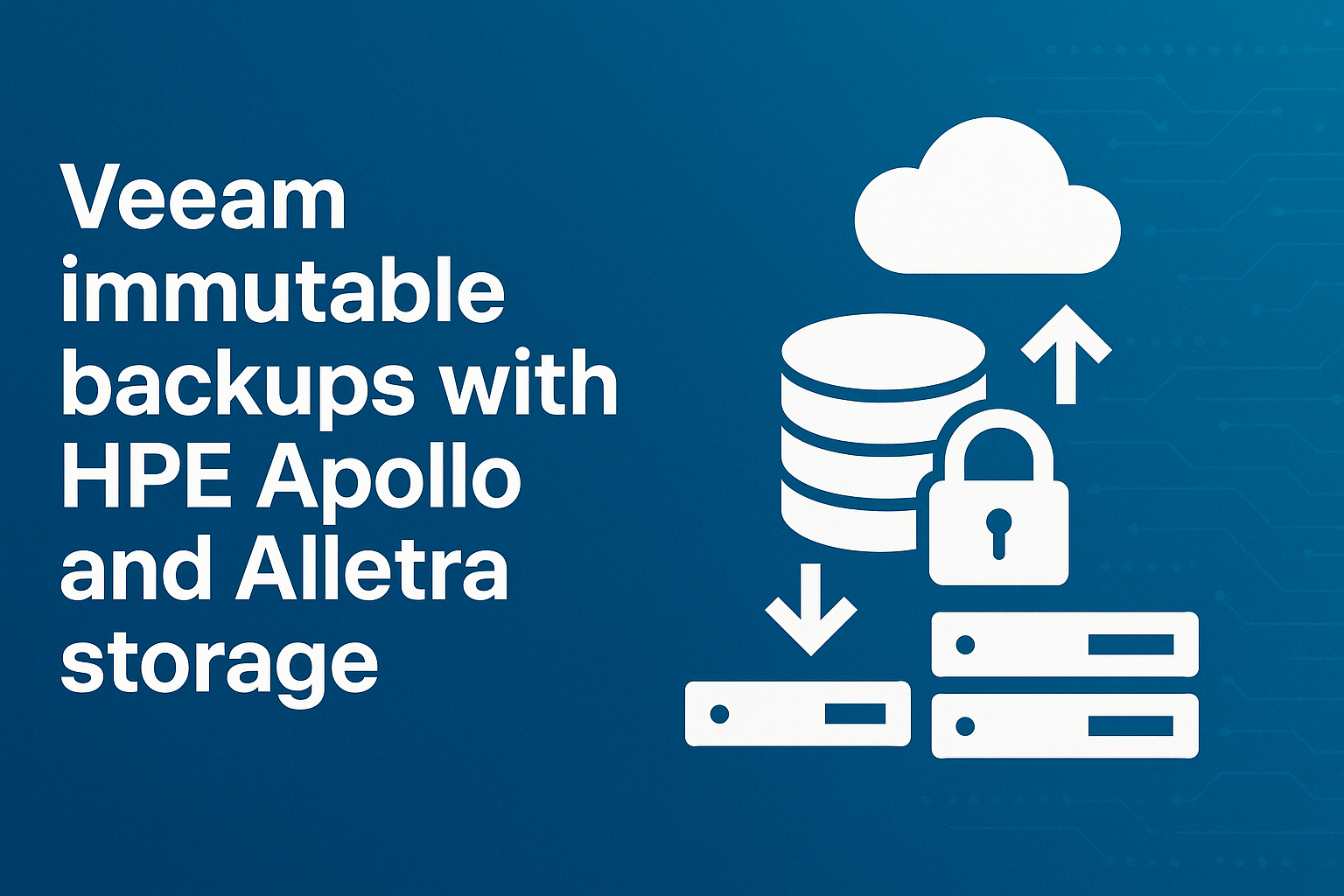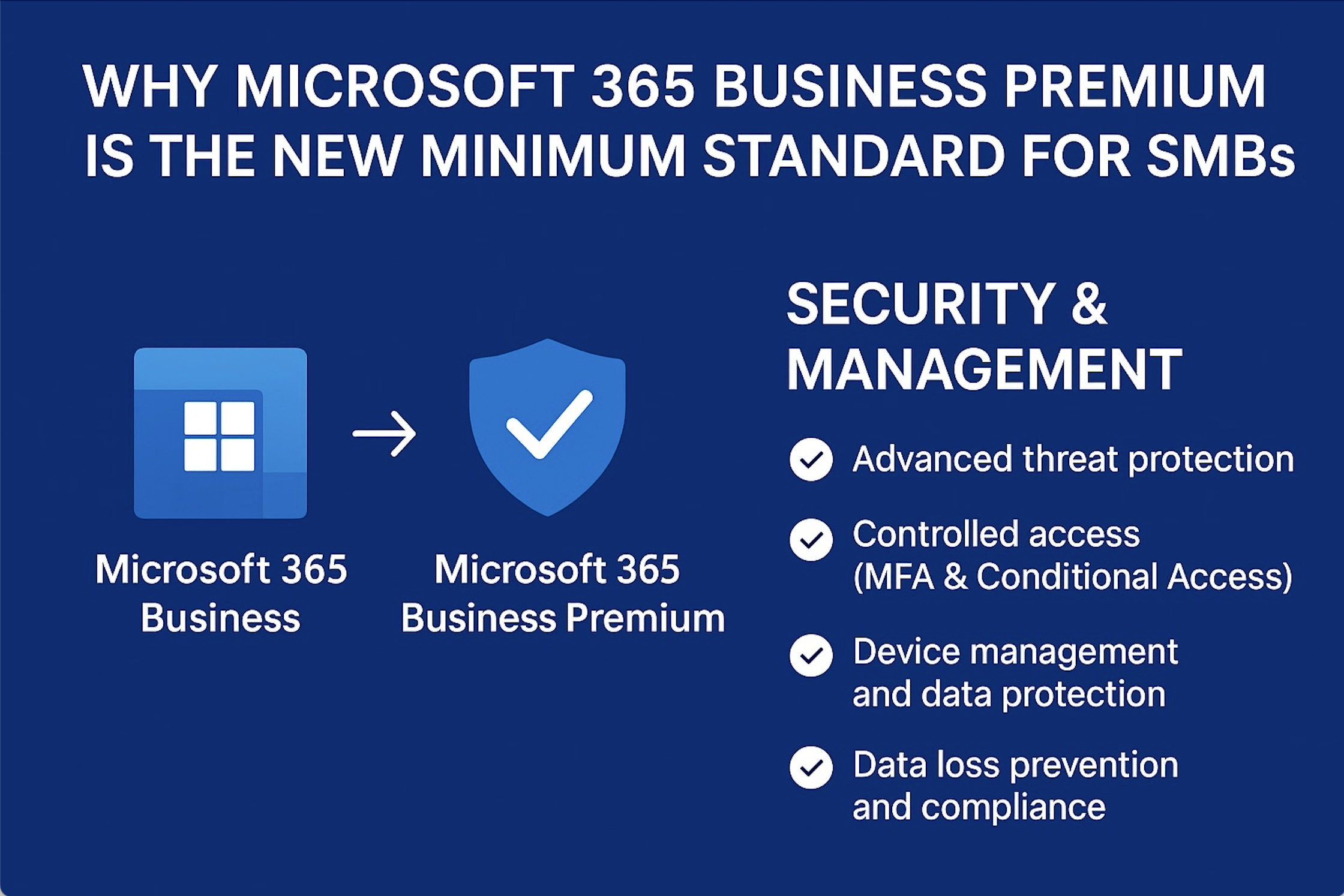Knowledge & News
What is a business continuity strategy?
Any business which is fully-reliant on their IT systems and infrastructure should have a business continuity plan in place. A robust continuity plan will save you time and money if and when disaster strikes, ensuring your business is back up and running with minimal disruption to your day-to-day business activities, in no time at all.
The IT experts at Wemtech have answered the most frequently asked questions they encounter when discussing continuity planning for business. If you would like to understand exactly ‘What is business continuity?’, ‘What should be included in a business continuity plan?’ or ‘How can it protect my business?’ the answers to all these questions are covered below.

What is business continuity?
Business continuity is an organisation’s ability to maintain essential functions during and after a disaster occurs. A disaster is any unplanned interruption of a business that stops them being able to function as normal. Disruption may be caused by fire, flood, cyberattack, accidental deletion, a ransomware demand and more, the risks to any business can be significant.
Having a continuity plan in place ensures a business can re-establish full function quickly and smoothly. Every minute a business is offline can lead to a loss of thousands of pounds, and so having a continuity plan which kicks-in straight away is crucial.
Continuity planning establishes risk management processes and procedures that aim to prevent interruptions to critical services. The plan considers all external threats and ensures your business is fully prepared. Ideally, you will never need to use your continuity plan, however, having one ensures that you are confident in what needs to happen if a disaster or cyberattack occurs.
What is a business continuity strategy?
A business continuity strategy allows you to assess all of your businesses processes, identifying any areas that may be vulnerable, the potential losses if those processes go down and how to react to restore any disruption to these business areas. Every continuity plan should be bespoke to that business factoring all key business areas and the critical functions to perform day-to-day operations.
At Wemtech we tailor every continuity package to the exact needs of your business. If disaster does strike, your off-site back-up and recovery solution will quickly restore all essential services with us supporting you every step of the way.
Why does a business need managed continuity?
Losing your business-critical data because of a hack, disaster or human-error can result in damage to the reputation of the business and potentially a severe loss in revenue. Preparing for all eventualities allows you to safeguard your business, ensuring you are prepared if the worst happens.
- Fast response - identify specific response times for each incident or emergency so that you can be back up and running quickly and efficiently.
- Off-site support - restore IT infrastructure from an external emergency centre which has not been affected by the disaster or malware attack
- Resilience testing - check your continuity plan with an annual check-up, ensuring that you are 100% confident in your continuity plan
- Data recovery - never worry about data loss or the loss of business-critical information
What should be included in a business continuity plan?
A business continuity plan should consider all key elements of getting your business back on track in the event of a disaster or cyberattack.
Each plan should be unique based on your business, your internal requirements and processes. However, we would recommend including:
- A list of potential threats
- Emergency contact information
- Roles and responsibilities
- Off-site considerations around data management and operations
- Communications strategy
- Recovery and monitoring processes
Many businesses will have different considerations as part of their continuity plan. If you need any more support in understanding what you need for your business don’t hesitate to get in touch
What are the risks if you don’t have a business continuity plan?
- Damage to your businesses reputation. If a disaster occurs and you are not prepared, this can affect your clients and customers, and potentially jeopardise your reputation. Having a business continuity plan allows you to communicate clear timeframes to your clients and customers based on the plan you have in place.
- Financial loss for your business. The longer your systems are down, the higher the potential loss is to your business. Having a business continuity plan that covers all bases can help reduce downtime and improve the time it takes the business to recover and be fully operational again. By investing in your business continuity plan you could effectively save your business thousands if you have to use it.
- Lost Productivity. Significant disruption slows down or stops productivity and can damage various aspects of your business. Sales are no longer converted, customer service suffers and the impact of the crisis continues to grow.
The longer the downtime is, the higher the losses. Having a business continuity plan that covers all bases can help reduce downtime and have you back up and running in no time, significantly minimising the impact.
Conclusion
Creating a business continuity plan is a time-consuming process that requires a lot of expertise and experience. It is often a task that gets put off and is only remembered once disaster strikes and it is too late. Investing in a continuity plan is worth the time, money and effort, unfortunately, this is often only realised by businesses when it is too late.
At Wemtech we’ve been implementing continuity plans for many years, helping protect companies from the unexpected and we’re to help you. If you want to learn more about how we can help, get in touch with one of our team today.
-
 01.12.2025
01.12.2025
Veeam Immutable Backups with HPE Apollo & Alletra Storage | Wemtech Managed Services
-
 10.11.2025
10.11.2025
Layered Security: Microsoft Defender + Huntress for SMBs
-
 10.11.2025
10.11.2025
Why Microsoft 365 Business Premium Is the New Minimum Standard for SMBs
-
 03.03.2025
03.03.2025
How We’ve Sustained Long-Term Customer Relationships at Wemtech
Get in Touch


